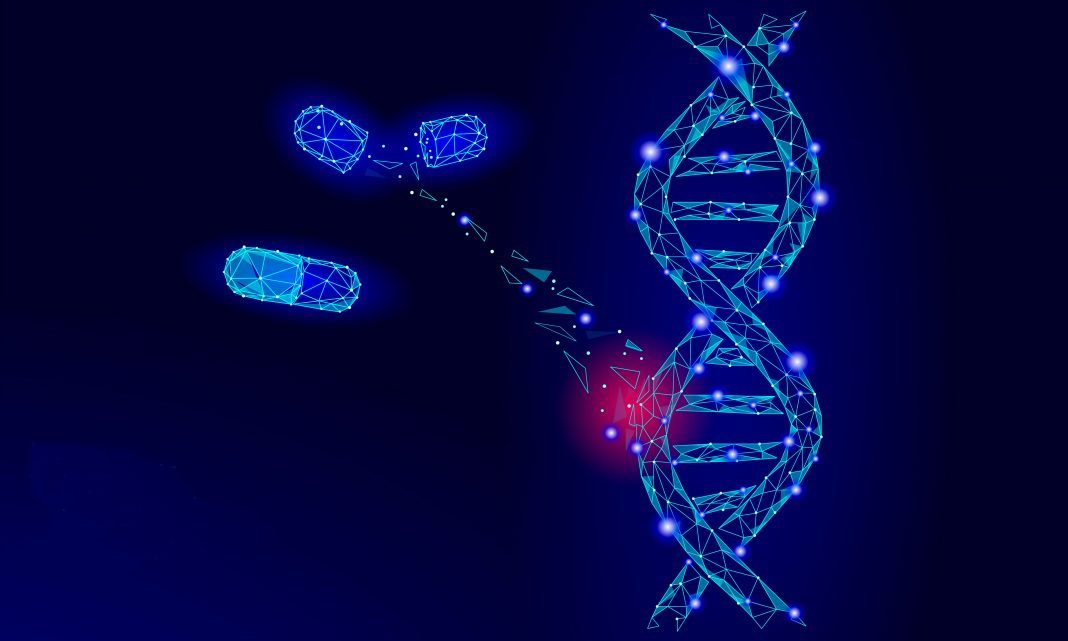Capricor Therapeutics disclosed today it has cut costs by eliminating about half its workforce—21 full-time employees—and exploring “strategic alternatives” for one or more of its product candidates.
The company revealed the layoffs in a statement announcing that it resumed per protocol dosing of patients already enrolled in its Phase II HOPE-2 clinical trial (NCT03406780) designed to assess its lead product, the allogeneic cardiosphere-derived cell therapy candidate CAP-1002 for Duchenne muscular dystrophy (DMD).
That dosing had been placed on voluntary hold by Capricor in December, in order to conduct a safety review after a patient infused with CAP-1002 experienced anaphylaxis before undergoing medical treatment.
“The investigation suggested the patient may have been allergic to something contained in the investigational product, including an excipient, or inactive ingredient, in the formulation,” Capricor stated today.
Capricor added that the patient showed no symptoms as of December 21, 2018, five days before the company disclosed the dosing hold in a regulatory filing.
The company said it notified the FDA of the incident, and was working with the agency on a mitigation plan. To reduce the risk of future events, Capricor said today, it has launched a pre-medication strategy commonly used by physicians to prevent and treat allergic reactions.
Approximately 20 young men and boys in advanced stages of DMD have already been enrolled in the randomized, double-blind, placebo-controlled trial to date. However, enrollment of new patients in HOPE-2 will not commence until additional funding is secured, Capricor said. Patients were recruited from 11 study sites; the dosing hold disrupted earlier plans to expand to 15 sites and enroll approximately 84 patients.
HOPE-2 is designed to study the safety and effectiveness of CAP-1002 in older Duchenne patients who are not currently eligible for gene therapy clinical trials.
Collaboration ends in 2017
Capricor is developing CAP-1002 on its own after Johnson & Johnson’s Janssen Biotech opted not to license the cell therapy in 2017, ending a three-and-a-half-year collaboration between the companies. Capricor has been granted the FDA’s Regenerative Medicine Advanced Therapy (RMAT) and Orphan Drug designations.
Capricor said the restructuring would enable it to better align its remaining staffers and resources with its core lead programs—which in addition to CAP-1002 include CAP-2003, a preclinical cell-free candidate under development to treat a variety of inflammatory/fibrotic disorders. CAP-2003 consists of proprietary extracellular vesicles, including exosomes, which are derived from cardiosphere-derived cells. The U.S. Army Institute of Surgical Research (USAISR) is partnering with Capricor to study the potential for CAP-2003 to address trauma-related injuries and conditions.
Capricor reported the size of its workforce at 39 full-time employees and one part-time employee as of its most recent Form 10-K Annual Report covering 2017, filed March 22, 2018. Several full-time employees also perform part-time services for Cedars-Sinai Medical Center (CSMC), from which Capricor leases space for its labs and manufacturing facilities.
Capricor said the restructuring is expected to extend its cash, cash equivalents, and marketable securities into “late” 2019. The company reported approximately $10.4 million in cash, cash equivalents, and marketable securities as of September 30, 2018, which it said at the time should be sufficient to fund its operations and meet its financial obligations into the second quarter of this year. The company previously reported approximately $14.1 million in cash, cash equivalents, and marketable securities as of December 31, 2017.


